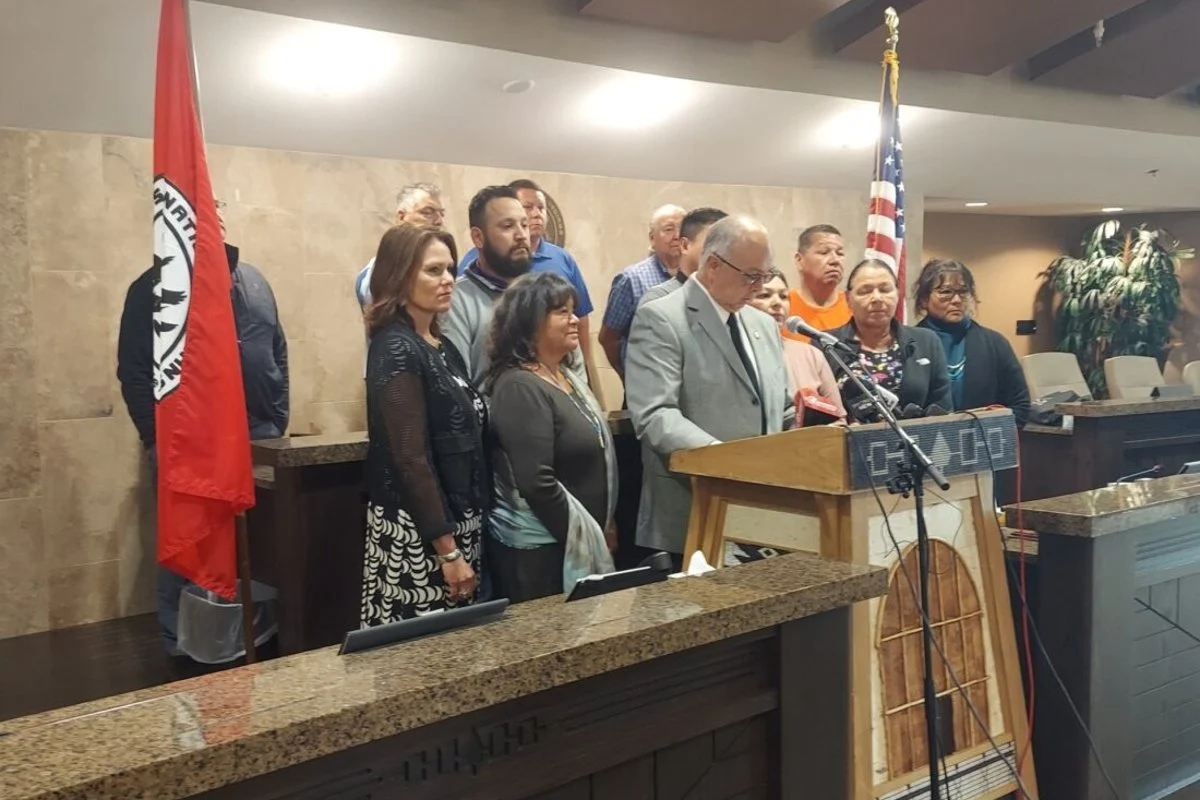New York Signs Temporary Truce With the Seneca Nation Over Casino Compact

The Seneca Nation in Western New York, along with Governor Kathy Hochul, has mutually agreed to extend the tribe’s Class III gaming compact, which was originally set to expire on December 9.
This extension has been granted until March 31, aligning with the day the New York State Legislature is scheduled to submit the budget for the state’s 2025 fiscal year.
The agreement ensures the continued operation of the Seneca Nation’s three casino resorts, namely Seneca Niagara Resort & Casino, Seneca Allegany Resort & Casino and Seneca Buffalo Creek Casino.
Under the Indian Gaming Regulatory Act (IGRA), federally recognized tribes have the authority to operate Class I and II games, covering activities like pull-tabs, scratch-offs, bingo and electronic bingo machines on their sovereign lands.
However, for Indian casinos to offer more traditional Las Vegas-style slots and house-banked table games such as blackjack and roulette, a Class III gaming compact with the host state government is mandatory.
The extension of the Seneca Nation’s Class III gaming compact comes amidst ongoing negotiations, marking a temporary solution to a pressing issue.
Previously, Governor Kathy Hochul had distanced herself from the talks due to potential conflicts of interest arising from her husband’s role at Delaware North, a direct competitor of the Seneca Nation.
However, with her husband no longer employed at Delaware North, the governor has resumed involvement in the tribal casino discussions.
The recent meeting between Seneca President Rickey L. Armstrong Sr. and Governor Hochul resulted in the signing of the compact extension.
Armstrong emphasized that this short-term measure offers crucial time for the completion of compact negotiations and the necessary approvals, ensuring uninterrupted operations for the Seneca Nation’s three gaming properties.
Armstrong also highlighted the priority of alleviating concerns for the thousands of casino employees.
Governor Hochul echoed the sentiment, stating that the extension grants additional time to work collaboratively “towards a long-term resolution.” To implement a new compact, the governor or designated aides must negotiate new terms, followed by approval from the State Legislature.
The extension allows for a phased approach to resolving the complexities involved in this process.
The Seneca Nation’s existing compact grants them exclusive rights to operate slot machines and dealer table games to the west of State Route 14. In return, the state of New York benefits by receiving 25% of the tribe’s gross gaming revenue from these slot machines, amounting to approximately $100 million annually in recent years.
As the tribal gaming landscape faces encroachment from other casinos in upstate New York, the Seneca Nation is advocating for a new compact.
The region now hosts four commercial land-based casinos offering slots, table games and sports betting. Del Lago, situated less than seven miles east of State Route 14 in Waterloo, is the closest casino to the Seneca’s designated territory.
The tribe’s primary objective in seeking a new compact is to renegotiate the 25% slot revenue share.
Additionally, past discussions have explored the possibility of permitting the Senecas to establish a fourth full-scale casino resort, with Rochester being their preferred market for expansion.
These negotiations underscore the complex dynamics surrounding tribal-state agreements and the evolving casino landscape in upstate New York.
- Other news categories:
- SlotsUp's news





